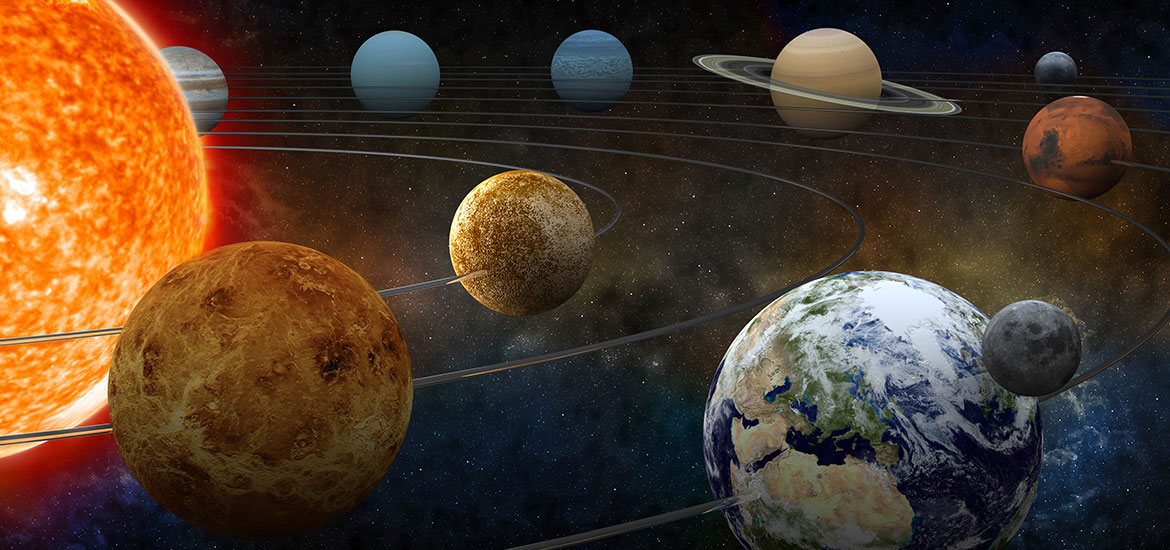
Earth Time reminds us that while we measure our lives in days and years, time in the heavens is far greater than we can fully grasp. Each planet in our solar system experiences time differently. This helps us imagine what God’s time must be like compared to our own.
In our solar system, a single day or year varies dramatically from planet to planet:
| Planet | Rotation Period (Earth Days) | Orbital Period (Earth Days) | Day Length (Relative to Earth) | Year Length (Relative to Earth) |
|---|---|---|---|---|
| Mercury | 58.6 | 88 | 58.6 times longer | 0.24 times shorter |
| Venus | 243 | 225 | 243 times longer | 0.62 times shorter |
| Earth | 1 | 365.25 | 1 | 1 |
| Mars | 1.03 | 687 | 1.03 times longer | 1.88 times longer |
| Jupiter | 0.41 | 4,332.59 | 0.41 times shorter | 11.86 times longer |
| Saturn | 0.45 | 10,755.7 | 0.45 times shorter | 29.46 times longer |
| Uranus | 0.72 | 30,687 | 0.72 times shorter | 84 times longer |
| Neptune | 0.67 | 60,190 | 0.67 times shorter | 164.8 times longer |
These differences come from each planet’s distance from the Sun and its rotation speed. They show us how “time” is not the same everywhere—even within our solar system.
If planetary time varies so much, what about Heaven’s time?
Based on geological dating, scientists estimate the universe to be about 13.7 billion Earth years old. Imagine this in Heaven’s perspective: our 70 years on Earth might pass in just a second in Heaven. That means our entire lives here are but a blink of an eye compared to eternity.
“But do not forget this one thing, dear friends: With the Lord a day is like a thousand years, and a thousand years are like a day.”
– 2 Peter 3:8
Science shows us the vastness of time, but faith reveals that God’s time is beyond all human measurement. Our lives, though short on Earth, have eternal meaning in Heaven’s perspective.
In essence, life here truly is a blink of an eye. That is why every choice we make matters.